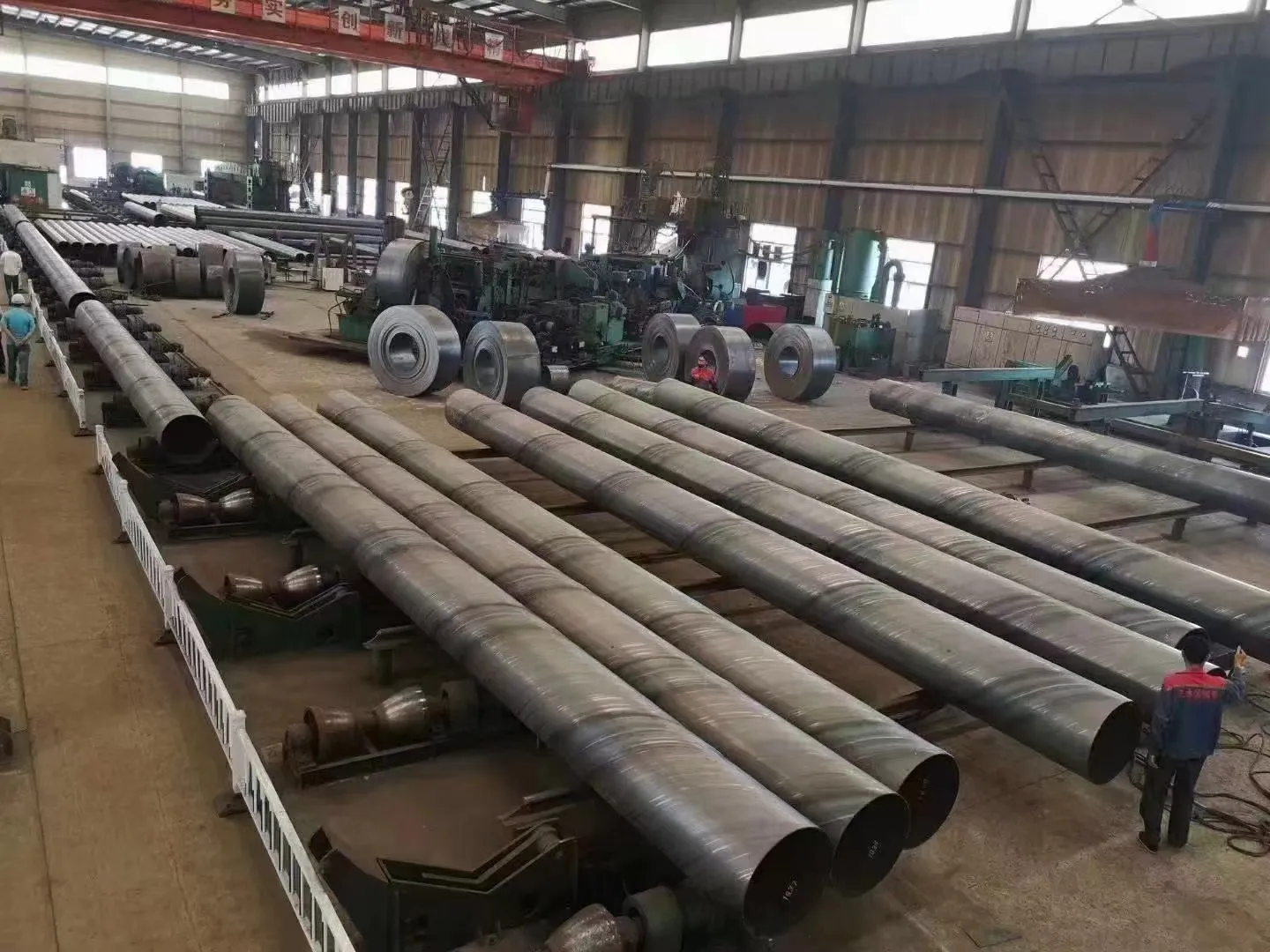-
Cangzhou Yulong Steel Co., Ltd.
-
Phone:
+86 13303177267 -
Email:
admin@ylsteelfittings.com

Sep . 21, 2024 21:32 Back to list
api 5l welded pipe
Understanding API 5L Welded Pipes
In the realm of piping systems, particularly in the oil and gas industry, the API 5L standard provides critical specifications for welded pipes. Developed by the American Petroleum Institute (API), this standard ensures that the pipes are manufactured to meet stringent requirements regarding quality, performance, and durability. This article explores the significance of API 5L welded pipes, their classifications, applications, and benefits.
What is API 5L?
API 5L refers to a standard specification for line pipe developed by the API. This specification covers seamless and welded steel pipes suitable for transporting gas, water, and oil in both the oil and natural gas industries. The designation 5L indicates that these pipes are intended for the pipeline transportation of liquids and gases. Compliance with API 5L signifies that the pipe meets certain performance criteria and can efficiently withstand the pressures associated with fluid transport.
Classifications of API 5L Pipes
API 5L pipes are classified into two main grades L and X. The L grade includes various levels of pipe specifications, such as L245, L290, L360, and so on, where the number indicates the minimum yield strength in megapascals (MPa). On the other hand, the X grade, which includes specifications like X42, X52, X60, and beyond, indicates higher yield strength and durability. Each grade is tailored to meet specific pressure requirements and environmental conditions, making it essential to select the appropriate grade based on the application.
Applications
API 5L welded pipes are commonly used in diverse applications across the oil and gas industry. They are integral to the construction of pipelines that transport oil, gas, and water over long distances. Besides, these pipes also find applications in various sectors, including construction, manufacturing, and infrastructure development. Their adaptability to different environmental conditions and their resistance to corrosion make them ideal for both underground and above-ground installations.
api 5l welded pipe

Welded pipes in particular offer several advantages over seamless pipes. They are typically more economical due to the manufacturing process and can be produced in larger sizes, making them suitable for diverse applications. Moreover, the welding process allows for the easy customization of pipe dimensions and characteristics to fit specific project requirements.
Benefits of Using API 5L Welded Pipes
1. Durability API 5L welded pipes are designed to withstand high pressures and harsh environments, ensuring a long service life.
2. Cost-Effectiveness Compared to seamless pipes, welded pipes are generally less expensive and more readily available in larger diameters, which can lead to cost savings in large-scale projects.
3. Quality Assurance Compliance with the API 5L standard guarantees that pipes meet rigorous quality assurance protocols, reducing the risk of failure during operation.
4. Versatility These pipes can be used in various applications, from transportation networks to structural components in construction projects.
5. Ease of Maintenance API 5L welded pipes are easier to inspect and maintain, facilitating timely interventions that can extend the lifespan of the piping system.
In conclusion, API 5L welded pipes represent a cornerstone in the pipeline industry, known for their strength, versatility, and cost-effectiveness. Understanding the specifications and applications of these pipes enables businesses to make informed decisions that can significantly impact operational efficiency and safety. Whether in oil and gas transport or infrastructure projects, API 5L welded pipes are essential for reliable and efficient fluid transportation.
Latest news
-
ANSI 150P SS304 SO FLANGE
NewsFeb.14,2025
-
ASTM A333GR6 STEEL PIPE
NewsJan.20,2025
-
ANSI B16.5 WELDING NECK FLANGE
NewsJan.15,2026
-
ANSI B16.5 SLIP-ON FLANGE
NewsApr.19,2024
-
DIN86044 PLATE FLANGE
NewsApr.19,2024
-
DIN2527 BLIND FLANGE
NewsApr.12,2024
-
JIS B2311 Butt-Welding Fittings LR/SR 45°/90° /180°Seamless/Weld
NewsApr.23,2024
-
DIN2605-2617 Butt-Welding Fittings LR/SR 45°/90°/180° Seamless/Weld
NewsApr.23,2024











